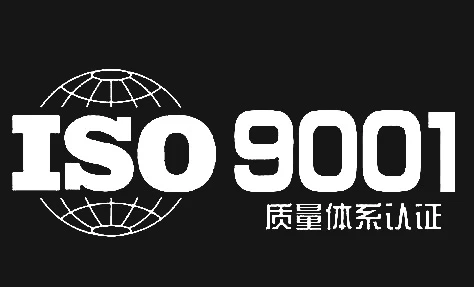Over the past two decades, China’s bearing trade has experienced exponential growth, with its export volume increasing twenty-fold. However, 2019 marked the first decline in bearing export volume, reflecting challenges in the industry. Despite the emergence of over a dozen large-scale bearing factories in China, the market has been flooded with low-quality and counterfeit products, tarnishing the reputation of Chinese bearings as cheap and inferior.
Reflecting on the history of global industries, similar challenges were faced by Germany in the mid-nineteenth century and Japan in the 1950s, yet both successfully overcame such perceptions through decades of hard work. China’s bearing industry is currently in a transitional stage, balancing advanced manufacturing technology with lingering negative perceptions of quality.
While China boasts advanced manufacturing technology and hosts major bearing manufacturers for global brands, the perception of poor quality and low prices persists among foreign customers. This negative impression necessitates a lengthy recovery period, as buyers frequently change suppliers due to unstable quality, entangling themselves in price and quality dilemmas.
The traditional trade model of bearings, centered around exhibitions, has been disrupted by the pandemic, impacting new bearing companies the most. With delays and cancellations of exhibitions, companies without a presence in China struggle to find reliable suppliers, often resorting to online searches or agents.
Engaging a Chinese agent may offer assistance in factory inspection and bearing procurement, yet many lack deep knowledge of the bearing industry. While factory inspections and third-party evaluations can mitigate risks, prices from factories willing to undergo inspection are often higher. Most foreign customers, primarily wholesalers, lack comprehensive understanding of bearing production, relying on superficial assessments during factory visits.
YLH often sends samples to customers for testing, with small orders initiated upon successful testing, leading to larger negotiated orders. Some customers, particularly those with high-quality requirements, arrange third-party quality inspections to reduce risks.
Looking ahead, the trade trend is shifting towards “Change foreign trade into domestic trade,” aiming to establish bearing warehouses in customers’ countries to mitigate procurement risks. However, Chinese bearing stores abroad still face challenges in entering mainstream markets, highlighting the ongoing need for branding efforts.
Contact Us
- [email protected]
- +(86) 180 1230 7397
- +8618012307397
- YLH Machinery Co., Ltd., Yiling industrial park, Yangzhou, China

© 2025 YLH Bearing Co., Ltd. All rights reserved.

